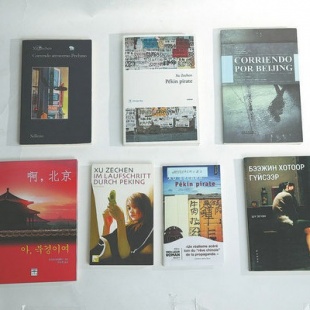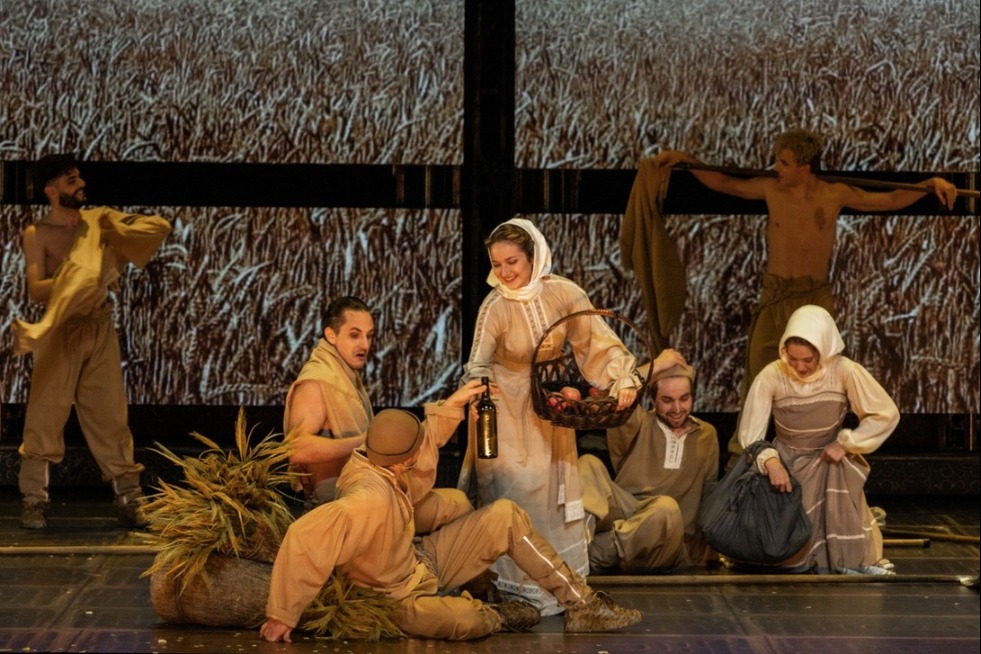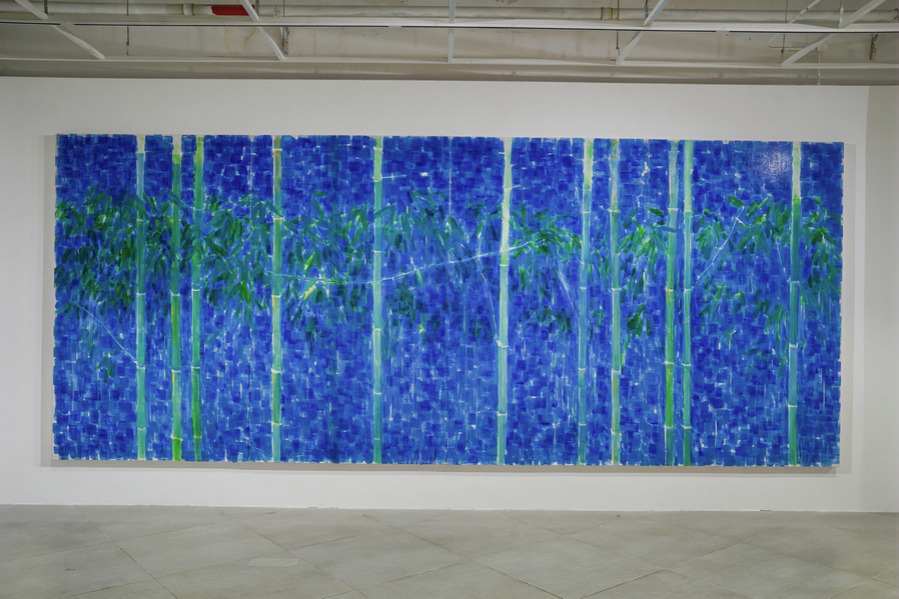Tales of the city


Writers in Beijing have long been a major influence on the country's literary landscape, and now a new generation is adding its own chapter to the capital's ongoing story, Wang Ru reports.
Writer Li Tang, a native of Beijing, had never considered writing something related to his hometown until he learned a story about the Jinsong area of the capital, where he lived in 2019.
Jinsong, he says, used to be called Jiasong (pine trees supported by stands), which refers to tall pine trees planted near the tombs of Qing Dynasty (1644-1911) princes. Since the trees had big and heavy crowns leaning to the ground, people installed stands to support them, which later became a tourist attraction and the area was named after that.
In the 1960s, people changed the name into Jinsong (standing pine trees fearless of coldness), a word from a poem by Chairman Mao Zedong.
"I lived in the area for nearly two decades, but hadn't known about the story until 2019. That urged me to read and learn more about the city, and then write a novel about it," says Li.
Li recounted this story during a forum on Beijing literature on Sept 21, held as part of the seventh Beijing October Literature Festival which runs through early October.
Organized by the Beijing Federation of Literary and Art Circles and the Beijing Publishing Group, among others, the activity brought together writers, scholars and literary critics to discuss the development of "Beijing literature".
According to Chen Ning, executive vice-president of the Beijing Federation of Literary and Art Circles, Beijing literature is no longer just a local concept. As an important part of new Chinese literature, writers in the capital have often set the latest trends, illuminating the Chinese literary scene at different times and strongly promoting the development of Chinese literature.
Since the New Culture Movement in the early 20th century, famous writers like Lu Xun, Bian Zhilin, Zhu Ziqing and Lao She have lived and written in Beijing, exerting a profound influence on Beijing literature.
At the beginning of the 1980s, writers Deng Youmei, Lin Jinlan and Wang Meng introduced a nostalgic way of writing about Beijing, reviving the traditional image of the city. Then, writers Wang Xiaobo, Shi Tiesheng and Wang Shuo, with their rather avant-garde style, depicted changes in culture and lifestyle in Beijing during the reform and opening-up, according to poet Zhang Qinghua.
"Beijing literature today is supposed to have a broader vision and insight, so that it can match the gradually established image of Beijing as a modern international metropolis," says Chen.
Forum attendees believe great changes have happened in Beijing in recent decades, leading to drastic changes in Beijing literature.
"From an ancient imperial capital to a modern and international metropolis, and from traditional dwellings in hutong (alleyways), siheyuan (courtyard dwellings), compounds and family houses to serried skyscrapers today, changes in the city determine the profound changes in Beijing literature," says Zhang.
Moreover, the internet era and the access to a mass of information it facilitates have isolated everyone in their own online cocoons.





































